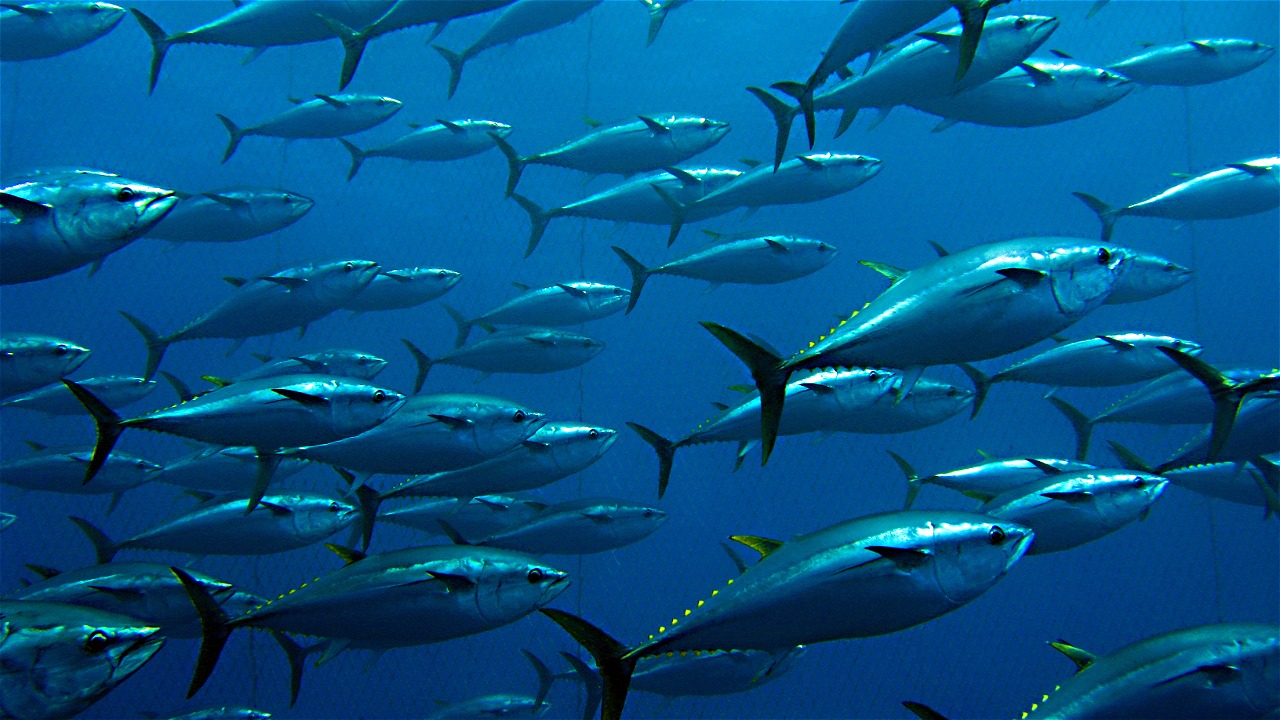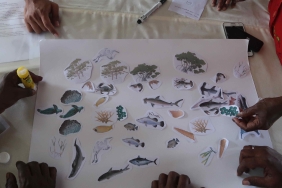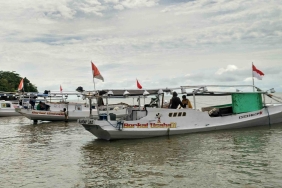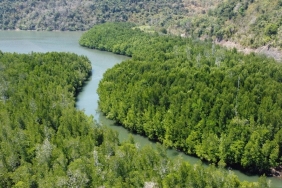MEASURING THE DEVELOPMENT OF INDONESIAN TUNA FISHERIES IN THE GLOBAL RESPONSIBLE TUNA MARKET COMPETITION
Fransiska Sonya Puspita & M. Maskur Tamanyira (Capture Fisheries Program, WWF-Indonesia)
As an effort to improve tuna fisheries in Indonesia, since 2010, the Marine Stewardship Council (MSC) certification standard has been implemented. The MSC assessment focuses on assessing the readiness of tuna fisheries in Indonesia with principles that include, 1) safe tuna stocks in the ocean; 2) minimal impact on the environment, and; 3) the availability of good governance and using a precautionary approach. The implementation of the MSC then resulted in action steps that serve as a guide for improving tuna fisheries, namely the Fisheries Improvement Program (FIP).
In order to monitor the progress of the implementation of tuna fisheries improvement in Indonesia, on October 19-20, 2016, WWF-Indonesia Foundation opened a discussion on reviewing the improvement of Indonesian tuna fisheries with reference to the MSC standard. The activity, supported by the Directorate of Fish Resources Management, Directorate General of Capture Fisheries - Ministry of Marine Affairs and Fisheries, has fifty recommended improvement steps (milestone) in implementing tuna FIP in Indonesia. From the discussions held, 21 steps were deemed feasible and compliant with MSC standards, while 29 other milestones have started to move in a better direction.
An important highlight of the discussion was the Harvest Strategy (HS) and Harvest Control Rules (HCR). Head of Sub-directorate (Sub-dit) of Fish Resource Management of Indonesia's Exclusive Economic Zone and the High Seas, Saut Tampubolon, said, "There will be a workshop on the Harvest Strategy and Harvest Control Rules in November 2016 to refine the existing draft. It is planned that both arrangements will be finalized by December 2017."
Not only that, this discussion also formulated an important achievement for improving tuna fisheries governance, namely the implementation of a tuna fisheries risk assessment workshop. The hope is that after this workshop, the government can identify risks that potentially threaten tuna fisheries in Indonesia. Thus, better tuna fisheries governance can be implemented at the national, regional, and international levels.
To realize this big plan, of course, it requires the support and commitment of all parties from various fields to continuously improve tuna fisheries. This initial commitment can be seen in the discussion on the improvement of Indonesia's tuna fisheries (FIP). The discussion, which took place in Bali, was attended by several institutions outside the government that work together to improve tuna fisheries practices. They were representatives from the Indonesian Pole and Line and Handline Fisheries Association (AP2HI); the Indonesian Tuna Longline Association (ATLI); the Integrated Capture Fisheries Association (ASPERTADU); the International Pole and Line Foundation (IPNLF); the Sustainable Fisheries Partnership (SFP); and the Indonesian Community and Fisheries Foundation (MDPI).
The collaboration of government, industry, and non-profit organizations throughout the two days of the review is worth appreciating. In addition to the warm atmosphere that was built, discussions and information exchange between all parties were active and constructive. Hopefully in the future, this situation can be a strong foothold in building good cooperation between related parties, in order to realize the improvement of tuna fisheries in Indonesia to be ready for MSC (full assessment).





